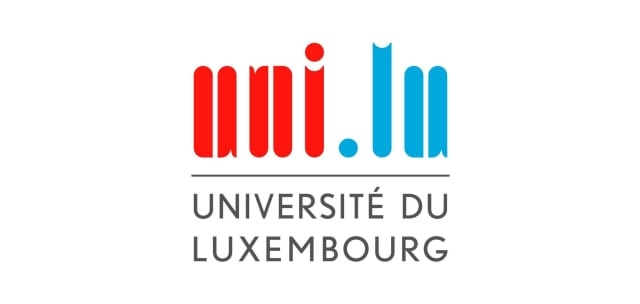University of Luxembourg, Faculty of Law, Economics and Finance
Master in Quantitative Economics and Finance
Luxembourg City, Luxembourg
MSc
DURATION
1 year
LANGUAGES
English
PACE
Full time
APPLICATION DEADLINE
EARLIEST START DATE
TUITION FEES
EUR 400 / per semester *

STUDY FORMAT
On-Campus
* per semester
Key Summary
About
The Master in Quantitative Economics and Finance is a one-year program that exposes highly talented students to fundamental research methods in the fields of economics and finance. The program prepares for careers in academia, public institutions, and upscale jobs in the industry. For its best graduates, it is a premier route for admission to the University of Luxembourg’s Doctoral School in Economics and Finance.
The Master in Quantitative Economics and Finance meets the highest international standards and compares to the first year of doctoral programs at top universities in the US or the UK. In the second semester, students have to write a Master thesis. Close ties to the University’s economics and finance research departments ensure individual supervision by faculty members.
5 reasons to study quantitative economics and finance in Luxembourg
- Get to know the research frontier in economics and finance.
- Strong links to research carried out at Uni.lu’s economics and finance departments.
- The curriculum meets the highest international standards of first-year - doctoral studies.
- Gain knowledge and skills for a career in academia, public institutions, or the industry.
- Study in one of Europe’s leading financial centers.
Program at a glance:
- 60 ECTS (30 ECTS per semester)
- Taught in English
- Intake: 15 students per year
- €200 per semester
Curriculum
The MSc in Quantitative Economics and Finance is taught across two semesters. The curriculum is designed around the principal pillars of both disciplines: mathematics and statistics, econometrics, macro- and microeconomics, financial theory, general equilibrium theory, and empirical analysis. In addition, students can choose from a number of optional courses, covering different areas of theory and policy.
In their final semester, students complete a Master thesis. Topics for the Master thesis are coordinated together with the program director and thesis supervisor. The Master thesis is an original piece of research that should showcase a thorough understanding of the chosen topic as well as the appropriate research methodology. The thesis project concludes with public defense.
Learning outcomes
- Ability to pursue a Ph.D. in economics or finance.
- Methods and tools to analyze economic phenomena in a complex, data-driven world.
- Skills to provide evidence-based, scientific policy advice.
- Critical thinking, ability to carry out independent research and to communicate its findings.
- Exposure to the research environment of the University of Luxembourg’s economics and finance departments.
Careers
The MSc in Quantitative Economics and Finance is equivalent to the first year of doctoral education, and graduates are eligible to apply to the University of Luxembourg Doctoral School in Economics and Finance.
Graduates from the MSc in Quantitative Economics and Finance will also find employment in Luxembourg’s dynamic and international job market. They are especially qualified for jobs with central banks, private banks, insurance companies, administrations, European and national institutions, or statistical services.
Work visas
Non-EU/EEA students, having completed their Master’s degree at the University of Luxembourg, are eligible to apply for a Luxembourg work permit for a duration of a maximum of four years, beginning in the period immediately following the end of their studies.


